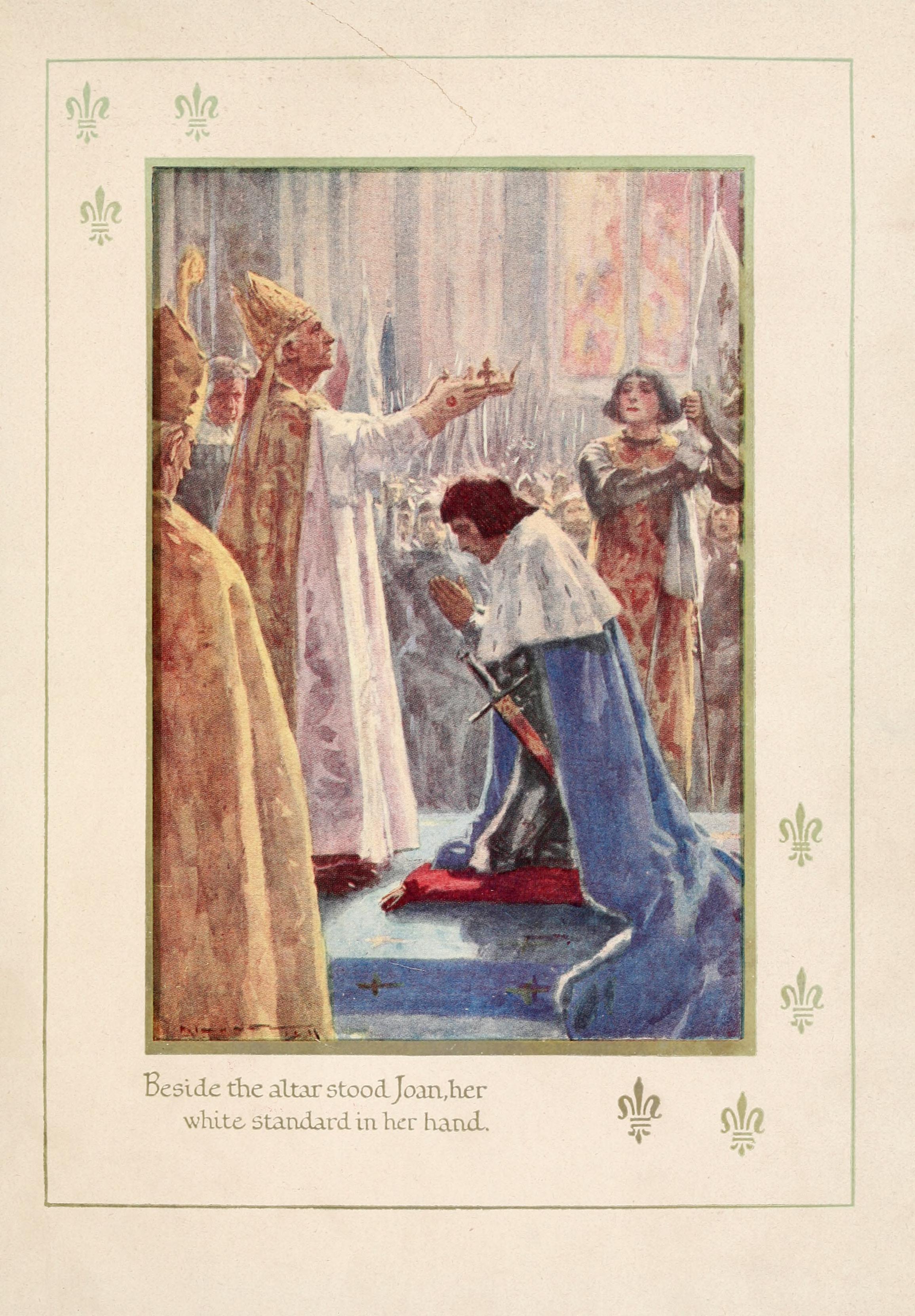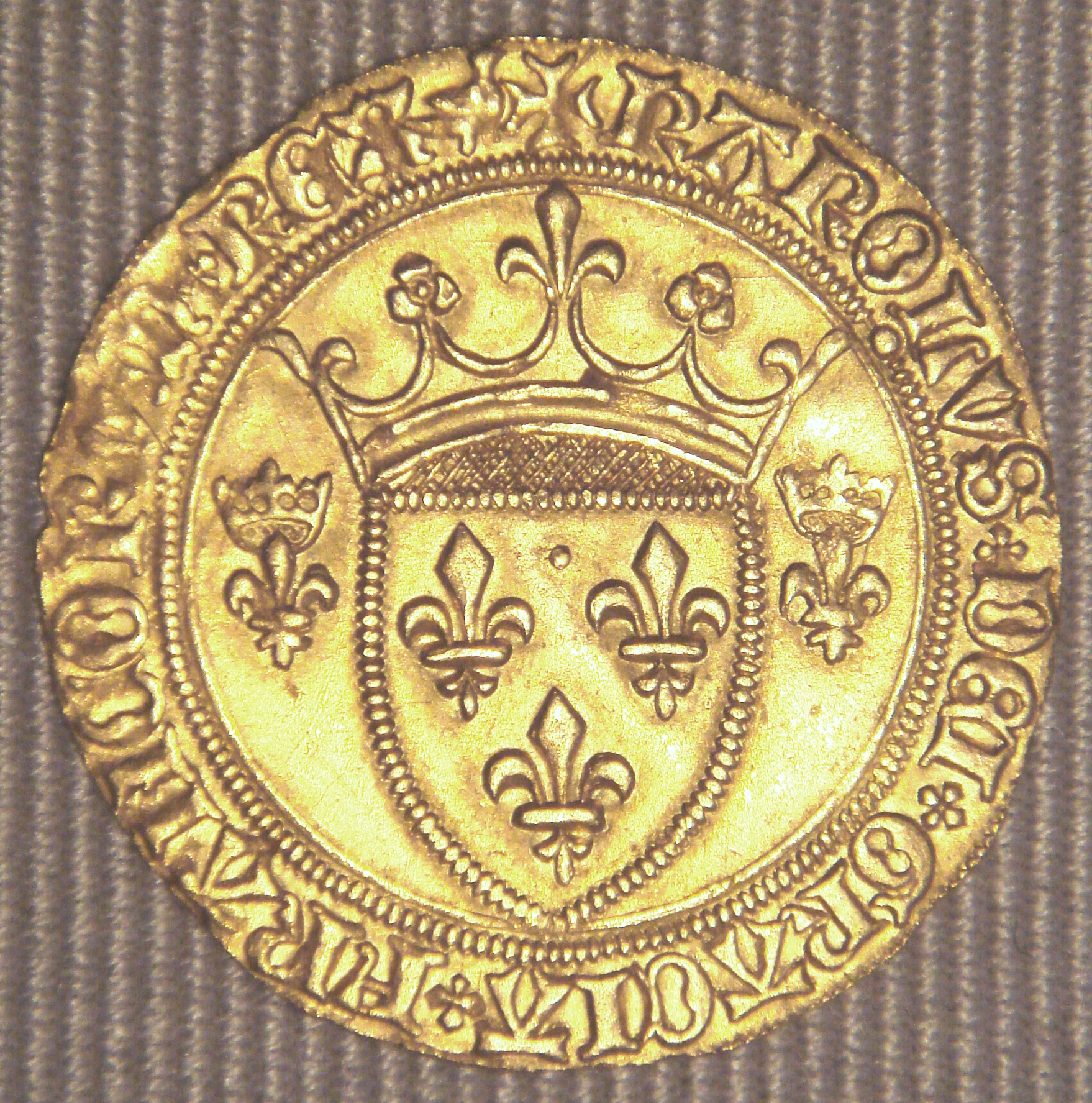Charles VII, King of France, 1403-1461
Enlarge text Shrink text- Cf. Conquest the English kingdom of France, 1417-1450,Juliet Barker, 2012
Charles VII (22 February 1403 – 22 July 1461), called the Victorious (French: le Victorieux) or the Well-Served (le Bien-Servi), was King of France from 1422 to his death in 1461. His reign saw the end of the Hundred Years' War and a de facto end of the English claims to the French throne. During the Hundred Years' War, Charles VII inherited the throne of France under desperate circumstances. Forces of the Kingdom of England and the duke of Burgundy occupied Guyenne and northern France, including Paris, the capital and most populous city, and Reims, the city in which French kings were traditionally crowned. In addition, his father, Charles VI, had disinherited him in 1420 and recognized Henry V of England and his heirs as the legitimate successors to the French crown. At the same time, a civil war raged in France between the Armagnacs (supporters of the House of Valois) and the Burgundian party (supporters of the House of Valois-Burgundy, which was allied to the English). With his court removed to Bourges, south of the Loire river, Charles was disparagingly called the "King of Bourges", because the area around this city was one of the few remaining regions left to him. However, his political and military position improved dramatically with the emergence of Joan of Arc as a spiritual leader in France. Joan and Jean de Dunois led French troops to lift the sieges of Orléans and other strategic cities on the Loire river, and to crush the English at the Battle of Patay. With the local English troops dispersed, the people of Reims switched allegiance and opened their gates, which enabled Charles VII to be coronated at Reims Cathedral in 1429. Six years later, he ended the English-Burgundian alliance by signing the Treaty of Arras with Burgundy, followed by the recovery of Paris in 1436 and the steady reconquest of Normandy in the 1440s using a newly organized professional army and advanced siege cannons. Following the Battle of Castillon in 1453, the French expelled the English from all their continental possessions except the Pale of Calais. The last years of Charles VII were marked by conflicts with his turbulent son, the future Louis XI.
Read more on Wikipedia >
 Personality
Personality








